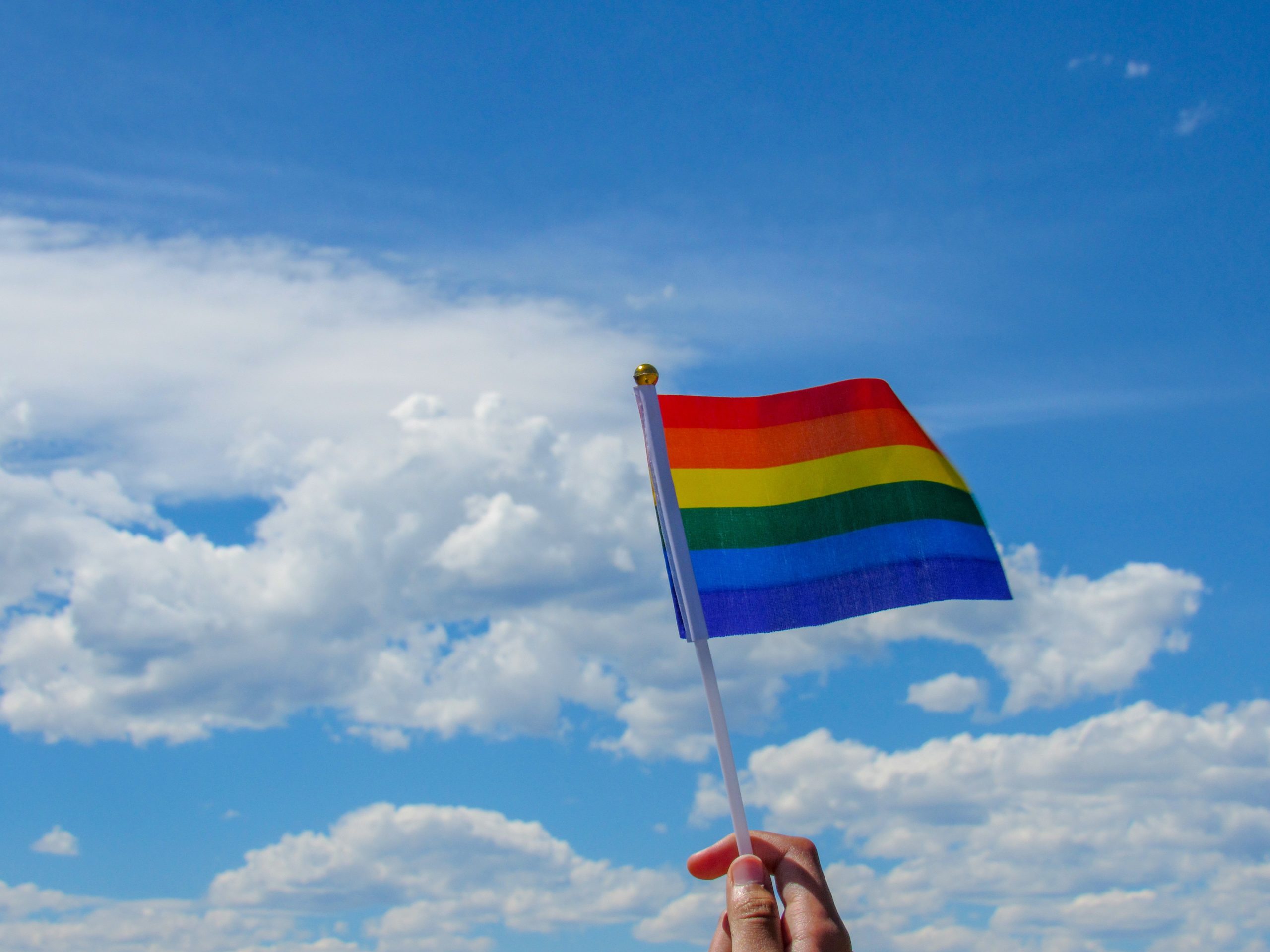
Photo by Brielle French on Unsplash
Why is Pride Month important to Celebrate?
1 in 6 Gen Z adults identifies as being part of the LGBTQ+ community, which makes celebrating Pride month more closer to home than many think.
It is highly possible that at least one member of our families and/or peers have had to hide who they were. Talking about Pride month as a family can make a big difference in how our children see the world.
Some common ways to celebrate can include attending a parade, doing a related art project, fly a pride flag, volunteer your time as a family to an LGBTQIA+ related cause, and any other way your family sees fit! While bringing more awareness during the month of June is important, we also want to be sure we are carrying this messaging through in our daily lives throughout the remainder of the year.
Here are some tips on how we can do so:
Represent Inclusion:
As an adult in the life of a child, you are given an incredibly powerful opportunity to model what being inclusive means and looks like. This can be through attending large events where diversity is clearly celebrated, and also through much smaller everyday interactions. Being mindful of the language we use can be very important. Some examples could be including your pronouns when introducing yourself to others, using the correct pronouns of others, and not assuming a gender when discussing what we’d look for in a healthy relationship with current or future partners.
Be an Active Ally:
Being an ally can look different for everyone. Some common practices could be using your voice to support those who are marginalized, being open to new learning around experiences you may not have had, and supporting youth as they become aware of their sexuality. For the youngest children, this can look like offering toys and clothing of all types and colors, not based on traditional gender expectations. Be mindful about how media can consume within the household and be representative of people from all walks of life. Be sure to have conversations about current events. We want to be adults that they can trust to provide accurate information around any topic, especially one so important.
Be a Listener:
Youth will explore their sexuality and it can be incredibly important to know they have an adult that will truly listen to their thoughts and questions. If we can show that we are interested in hearing about their experiences and intentionally make time for conversations regularly, youth may be more likely to feel safe enough to share their true selves with us. We can create routines at an early age that carry through to adolescence such as asking questions about their day after school, at the dinner table, or when tucking them in at night.
If we can help our children to see that we want to take the idea of including a step further and truly celebrate the uniqueness of every individual, we may end up raising a generation that feels safer sharing their true selves with their loved ones.